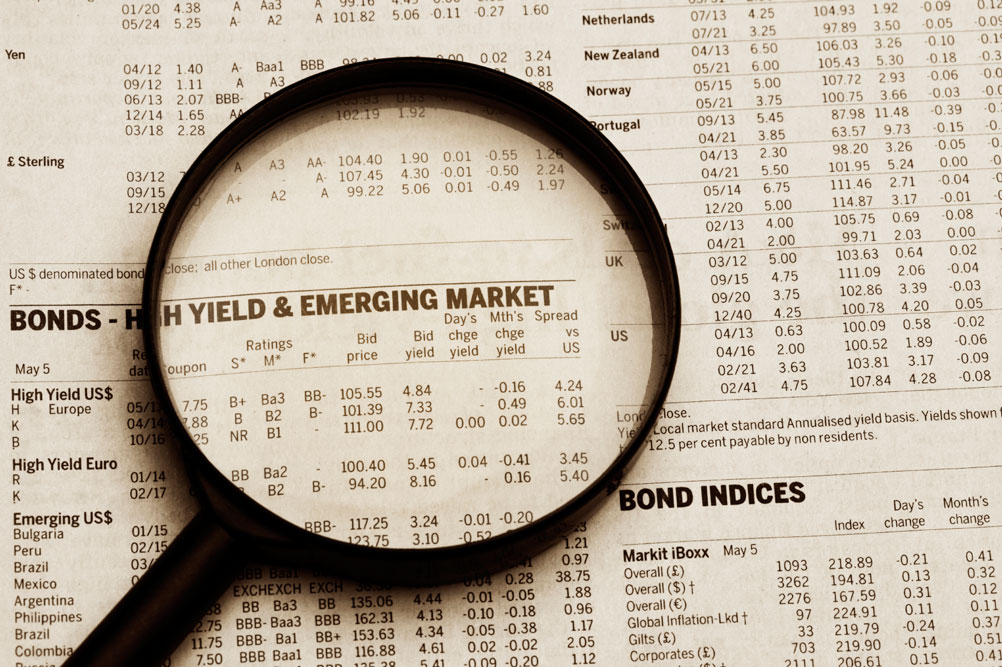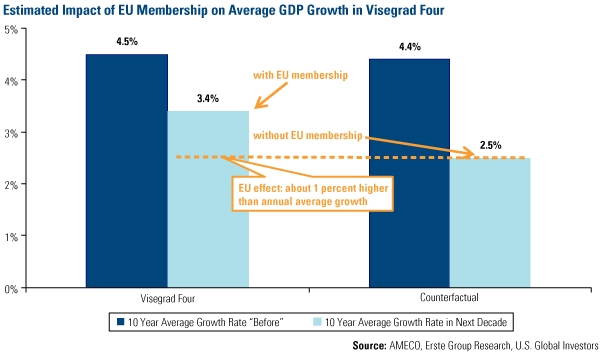Emerging Markets Radar (May 20. 2014)
Strengths
- Turkey's current account deficit (CAD) declined to $3.2 billion this March, which compares favorably with the $5.6 billion deficit posted in March 2013, according to data released by the Turkish central bank. The 12-month trailing CAD fell sharply to 7.5 percent of GDP in March from 7.8 percent of GDP in February. Economists highlight a tightening in domestic demand and a favorable effect of economic recovery in the EU on Turkey's exports.
- A string of preliminary GDP releases for the first quarter of the year kicked off in Europe this week. Hungary’s economy grew 3.5 percent from last year, handsomely beating economists’ expectations for 2.7 percent. Similarly, Poland reported 3.3 percent growth, ahead of forecasts for a 3.1 percent rise. The Hungarian numbers are supported by strong industrial production, as well as extraordinary job creation.
- An Erste Bank report estimates the benefits of EU membership have increased average growth in the V4 countries (Czech Republic, Hungary, Poland, and Slovakia) by approximately 1 percent annually. The estimate is based on benchmarking of the average growth of the V4 countries to some European countries at their earlier stage of income convergence.
Weaknesses
- The Center for European Economic Research (ZEW) suggested in its monthly bulletin that economic expectations for Germany have continued to worsen in May. The ZEW Indicator of Economic Sentiment decreased 10.1 points to 33.1 points, slightly above its historical average of 24.7 points. The decline suggests there are indications that Germany will not be able to maintain this fast pace of growth.
- The eurozone economy grew by just 0.2 percent in the first three months of 2014, only half as fast as expected. Germany outperformed with a 0.8 percent expansion, but most other countries faltered, with France stagnating, and Italy and Portugal contracting. Economists are urging the European Central Bank (ECB) to take action at next month's meeting in order to prevent a further deceleration of Europe's fragile recovery.
- China’s stocks fell midweek as slower-than-estimated growth in industrial output, retail sales, and fixed-asset investment increased concern the economic slowdown is deepening. Industrial production expanded 8.7 percent last month, missing the median estimate of analysts for 8.9 percent growth. Retail sales rose 11.9 percent in April, compared with the forecast for 12.2 percent growth. Fixed-asset investment climbed 17.3 percent, compared with the estimate for 17.7 percent growth.
Opportunities
- China’s major property developers rose strongly on news that the China Banking Regulatory Commission told banks to quicken home-loan approvals and loan distribution to stave off the recent decline in home sales. In April, home sales fell 18 percent according to the National Statistics Bureau data.
- The ECB is reportedly preparing a package of measures for its June meeting, including cuts in all its interest rates. According to Reuters, plans involve cutting the ECB deposit rate to a negative rate for the first time. The cut into negative territory will likely be part of a larger package that could also include a targeted long-term refinancing operation (LTRO), in an effort to boost bank liquidity to spur loan growth in the eurozone.
- The Bharatiya Janata Party (BJP) and Narendra Modi appear to be on the cusp of a historic victory in India’s election, with preliminary results showing a strong parliamentary majority. Investors have been keen on Modi’s platform, as evidenced by the $332 billion increase in value of Indian equities since the BJP named Narendra Modi as its candidate for prime minister last September. Foreign investors pushed bullish wagers in the options market, outnumbering bearish bets by the widest margin in 14 months, on expectations that Modi will fight bureaucracy and spur economic growth.
Threats
- Eurozone industrial output unexpectedly fell in March in what could point to slower economic growth going into the second quarter. This marked the first drop since August, and is attributed to a decline in energy production. Output in the euro countries dipped 0.1 percent as energy production dropped 11.9 percent on the back of a mild winter. Analysts had forecast a 1 percent rise in industrial production. European energy utilities are already feeling the pinch as electricity prices halved since the global economic crisis, exacerbated by a mild winter, and a rise in the use of renewable energy sources.
- Concerns over political instability seem to be harming the Greek market. PASOK, a member of the government’s coalition, has threatened to remove its support to the government if its affiliate party does not get enough votes in the European elections. Although this is highly unlikely, the coalition has a very slim majority that would be at stake if one of its members were to separate.
- Last week, the International Monetary Fund called on Dubai to take "stronger measures" to avert another property bubble, after property prices rocketed at a rate reminiscent of the 2009 crisis. Authorities in the Gulf emirate have already doubled sales fees to 4 percent, and the central bank of the United Arab Emirates has tightened lending facilities. The tightening may slow down the pace of gains seen in the gulf market over the past two years.














